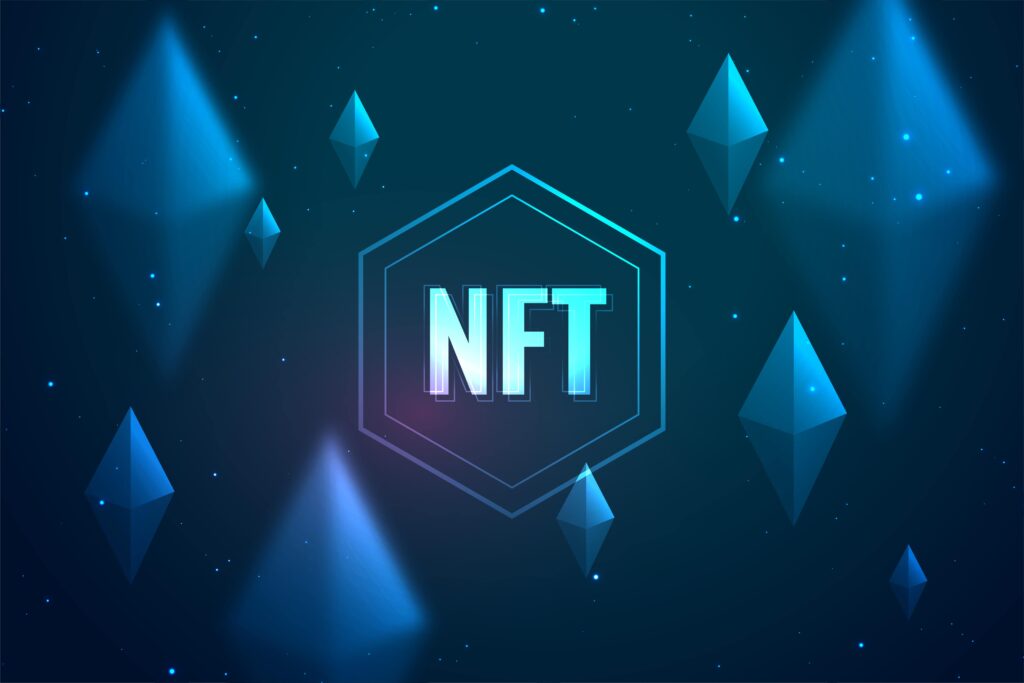
NFTs (Non-Fungible Tokens) have evolved from a niche innovation into a major segment of the blockchain economy, enabling ownership and transfer of unique digital assets. From art and music to in-game collectibles and real-world asset tokenization, NFTs have redefined how creators, brands, and developers interact with audiences.
However, while NFTs share a common concept, the nft blockchain platforms that power them differ significantly. Factors such as transaction speed, network fees, supported token standards, and developer tools can make or break a project’s success.
For developers, choosing the right blockchain isn’t just a technical decision—it directly affects scalability, costs, and user adoption. For brands, the wrong choice can mean high minting fees, slow transactions, and limited market reach.
This guide provides a detailed analysis of the leading nft blockchain platforms, comparing their strengths, weaknesses, and ideal use cases so you can make an informed decision for your next NFT project.
NFT blockchain platforms are specialized blockchains or blockchain-based infrastructures that enable the creation, storage, and transfer of NFTs. They serve as the technical foundation for minting tokens, maintaining ownership records, and facilitating trades on marketplaces.
Core functions include:
For example, Ethereum provides global liquidity for NFT trading, while Solana offers ultra-fast, low-cost transactions suitable for gaming ecosystems. Choosing the right platform ensures your project’s NFTs are secure, efficient, and accessible to your target audience.
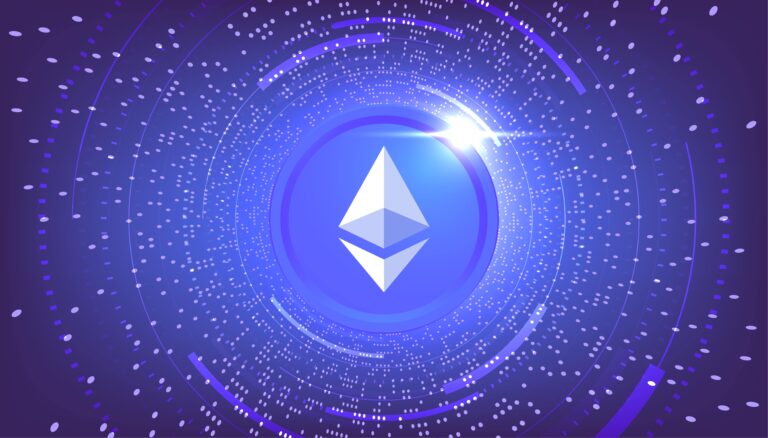
When determining the best blockchain for nft initiatives, you should evaluate:
Each criterion impacts user experience, cost efficiency, and market exposure.
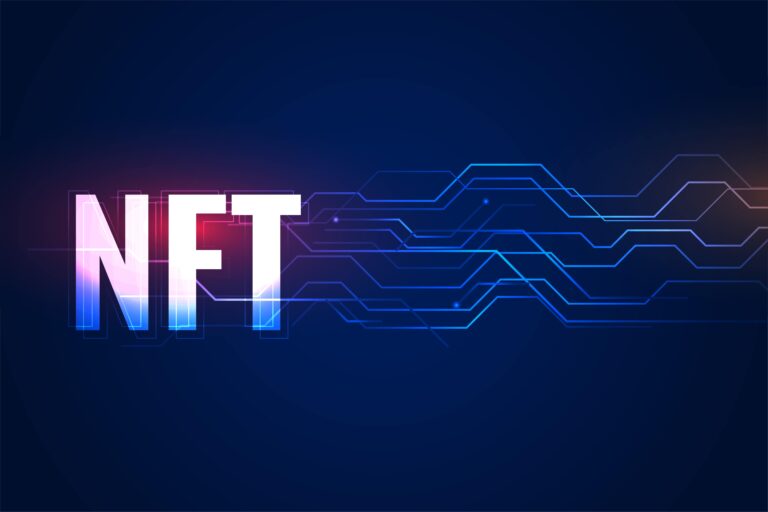
With dozens of options available, here’s an overview of the leading nft blockchain platforms, including their technical overview, notable projects, and key nft blockchain pros and cons.
When it comes to choosing an NFT blockchain platform, there are several important aspects to consider. Each platform has its own strengths and weaknesses, and understanding these factors can help you make an informed decision.
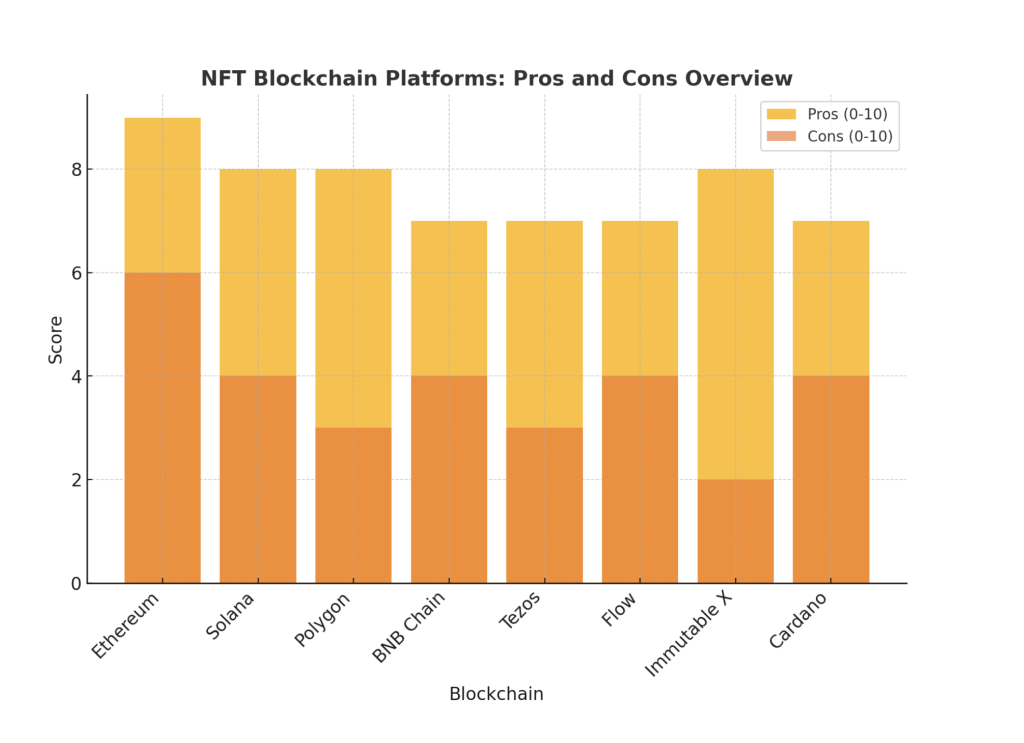
Technical Overview: Ethereum remains the most widely used NFT blockchain, offering robust smart contract capabilities (ERC-721, ERC-1155) and unmatched liquidity. Its Proof-of-Stake consensus ensures improved energy efficiency compared to its earlier Proof-of-Work model.
Notable Project: Bored Ape Yacht Club — one of the most famous NFT collections in the world, regularly trading at high volumes.
Pros:
Cons:
Technical Overview: Solana is known for its high throughput (~3,000 TPS) and extremely low transaction fees. Its architecture makes it popular for GameFi and mass-market collectibles.
Notable Project: Degenerate Ape Academy — a prominent NFT collection on Solana, showcasing the chain’s appeal for digital collectibles.
Pros:
Cons:

Technical Overview: Polygon is a Layer-2 scaling solution for Ethereum, enabling cheaper and faster transactions while maintaining compatibility with Ethereum’s NFT standards.
Notable Project: The Sandbox — a major metaverse platform leveraging Polygon for scalable NFT transactions.
Pros:
Cons:
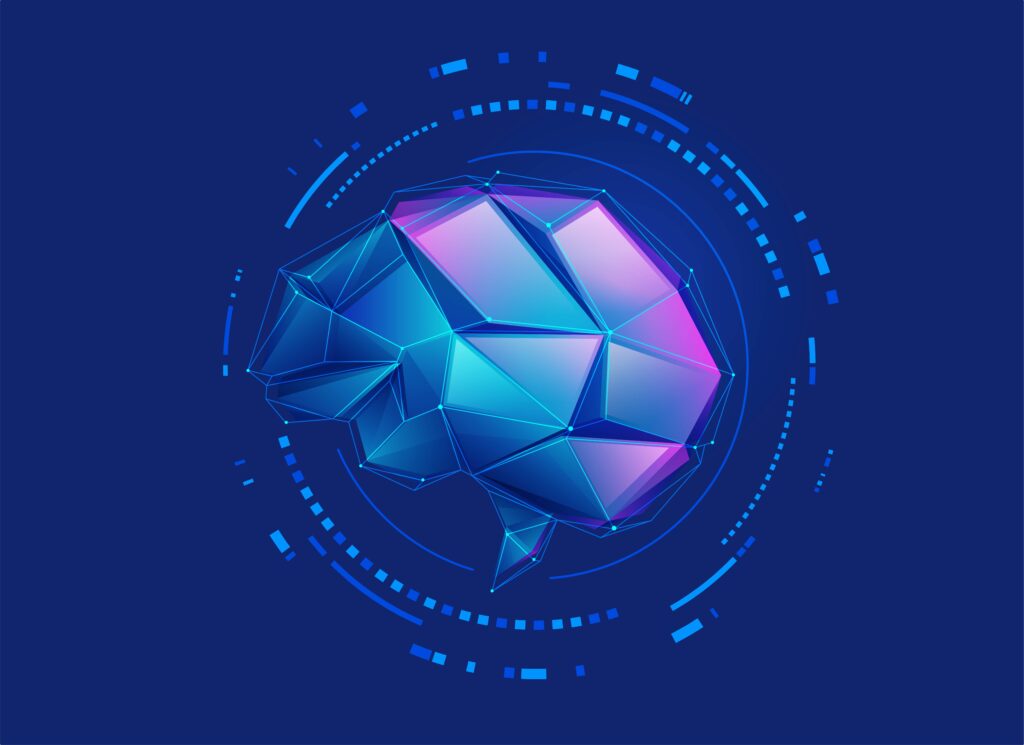
Technical Overview: BNB Chain offers high throughput (~300 TPS) and low fees, making it attractive for budget-conscious projects. Uses BEP-721 and BEP-1155 NFT standards.
Notable Project: MOBOX — a GameFi platform combining NFT collectibles and DeFi features.
Pros:
Cons:
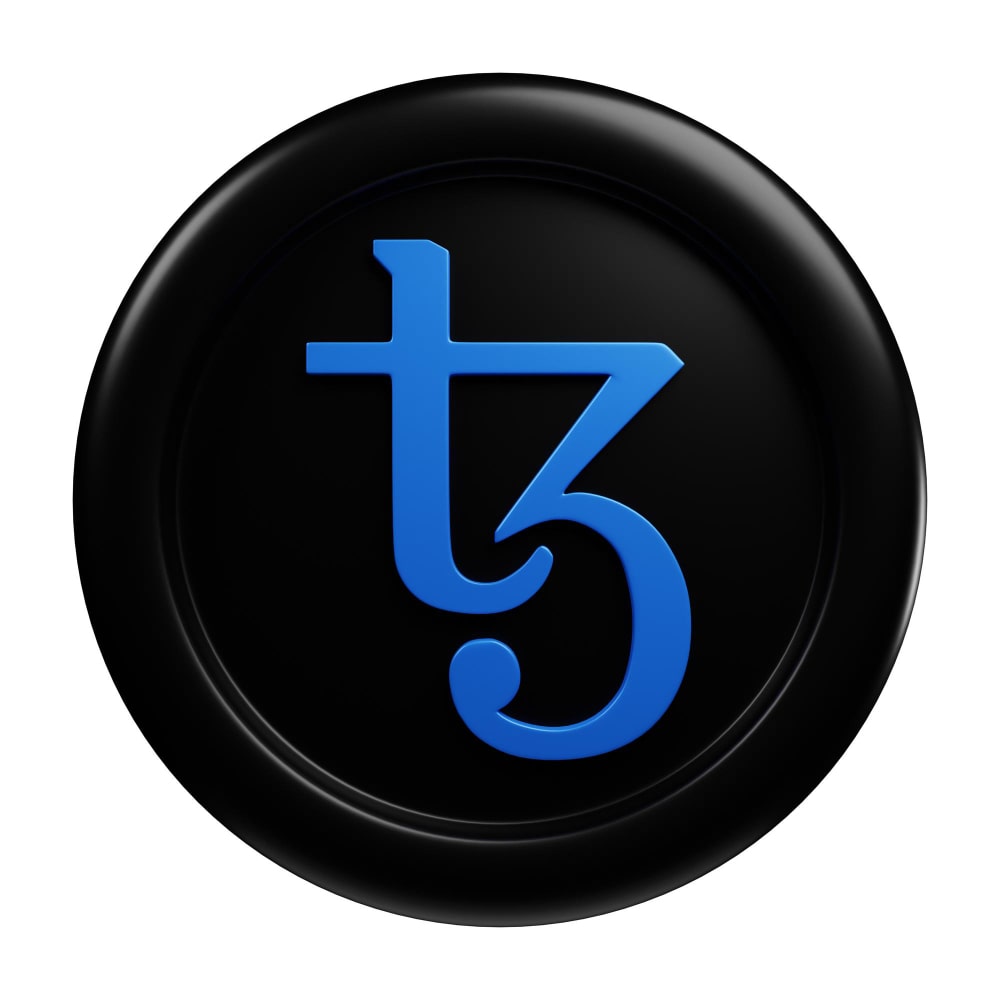
Technical Overview: Tezos is a Proof-of-Stake blockchain with a strong focus on sustainability and low transaction fees, making it popular in the art world.
Notable Project: Objkt — one of the largest NFT marketplaces for digital artists on Tezos.
Pros:
Cons:
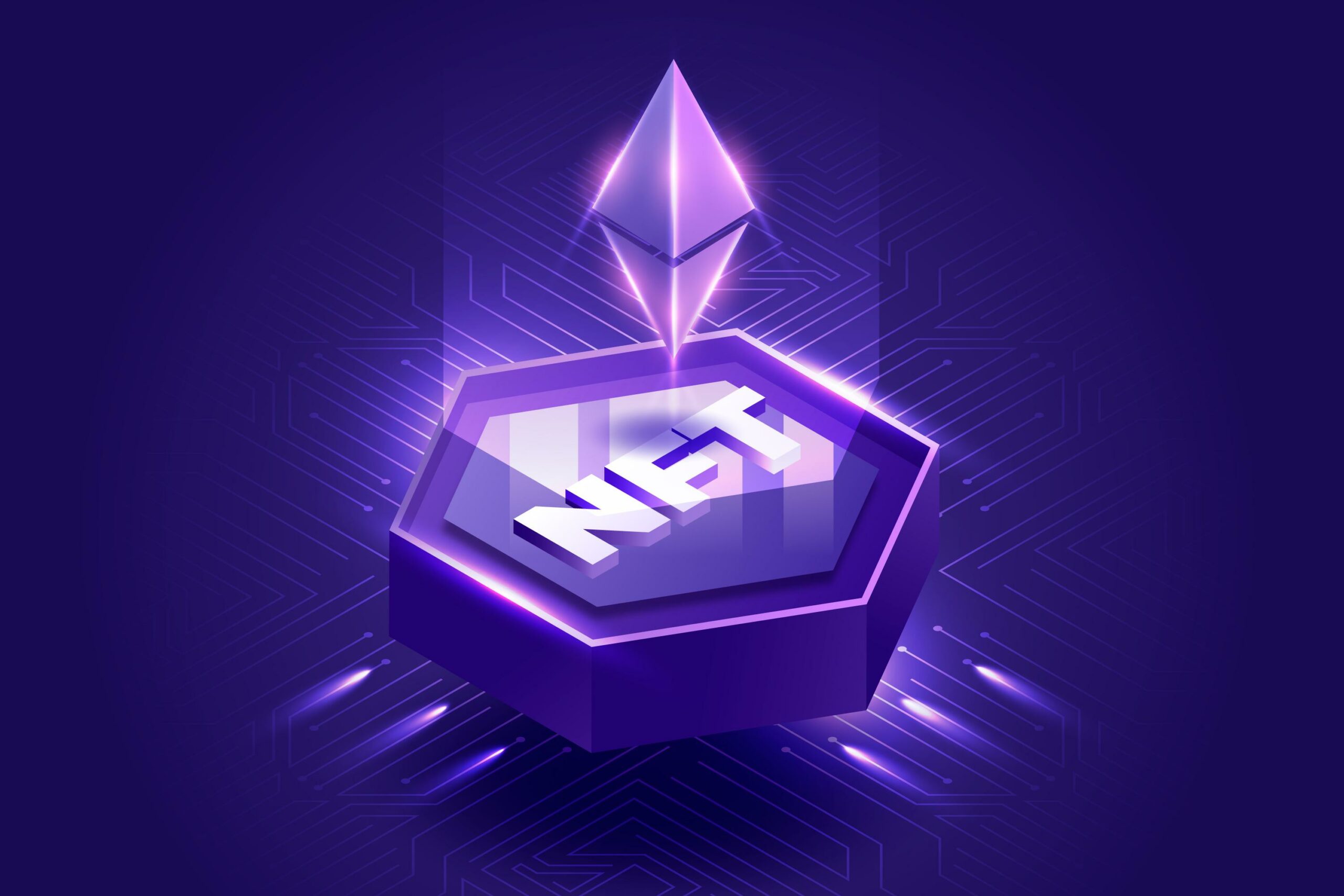
Technical Overview: Flow is designed for consumer-scale NFT use, with a focus on user-friendly onboarding and high throughput.
Notable Project: NBA Top Shot — a sports collectible platform that brought NFTs to mainstream sports fans.
Pros:
Cons:
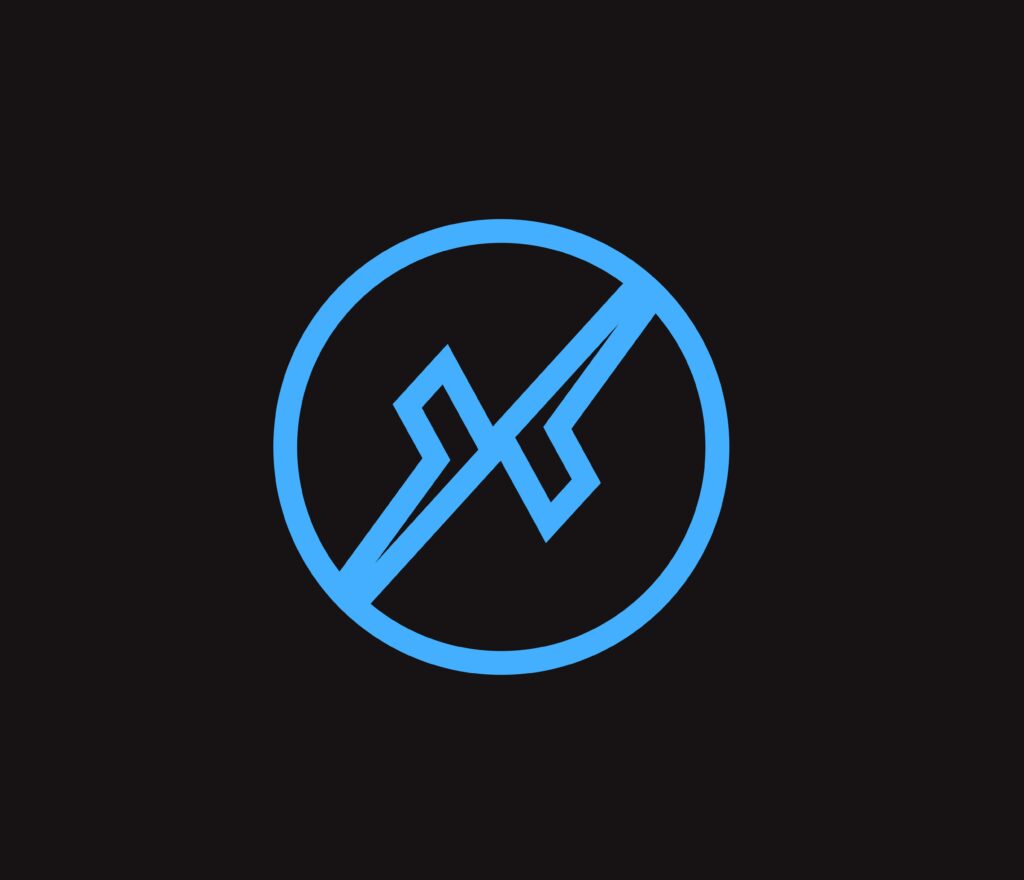
Technical Overview: Immutable X is a Layer-2 protocol for Ethereum NFTs, offering zero gas fees and instant transaction finality, ideal for gaming and high-volume trading.
Notable Project: Gods Unchained — a blockchain trading card game with active player-to-player NFT trading.
Pros:
Cons:
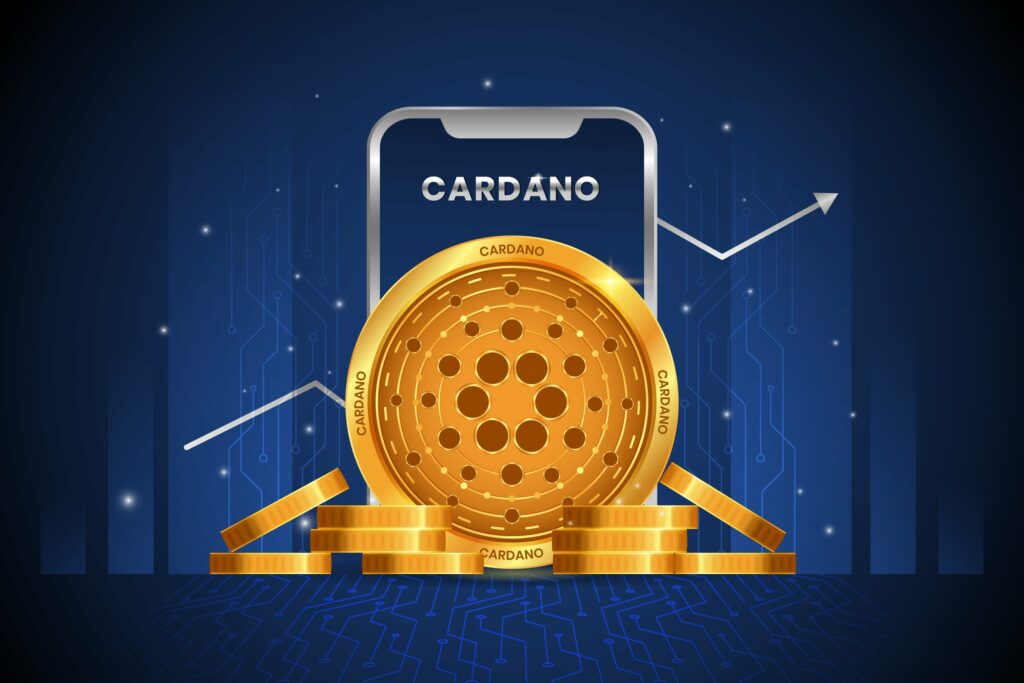
Technical Overview: Cardano is a Proof-of-Stake blockchain with low fees and a steadily expanding NFT market, built around its CIP-25 standard.
Notable Project: SpaceBudz — one of the earliest and most recognized NFT collections on Cardano.
Pros:
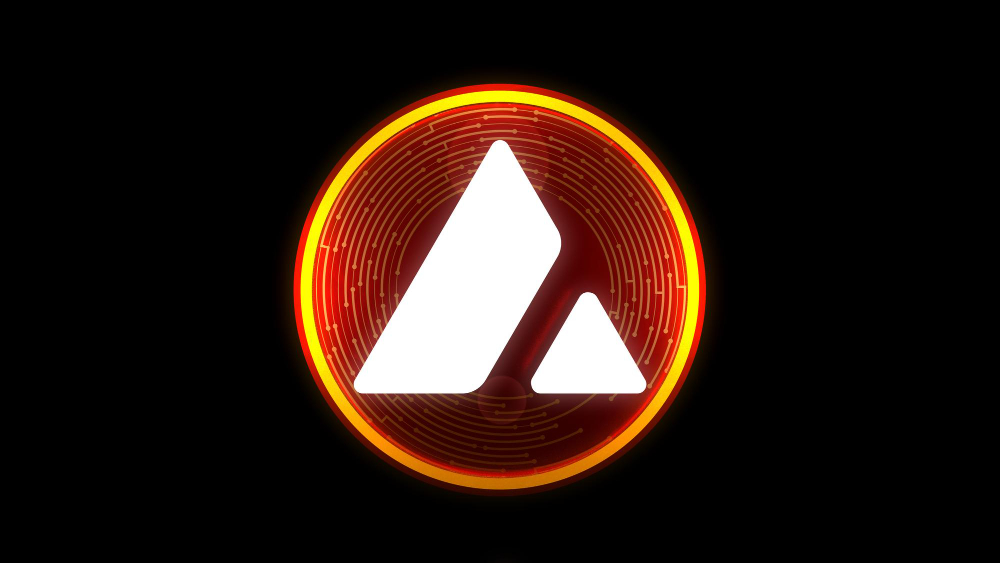
Cons:
Technical Overview: Avalanche is a highly scalable blockchain with sub-second transaction finality and low fees. It supports Ethereum-compatible smart contracts, making NFT deployment straightforward for developers. Its architecture includes multiple subnets, allowing custom chains optimized for specific use cases.
Notable Project: Chikn (and other AVAX-based NFT games) — showcasing Avalanche’s ability to handle fast-paced NFT minting and trading.
Pros:
Cons:
Technical Overview: TON is a high-performance blockchain originally designed by Telegram and now community-driven. TON offers fast transactions, low fees, and native integration with Telegram services, enabling NFT minting, trading, and gaming experiences directly within the messaging app.
Notable Project: TON Diamonds — an exclusive NFT collection on TON, highlighting the chain’s potential for premium and community-driven drops.
Pros:
Cons:
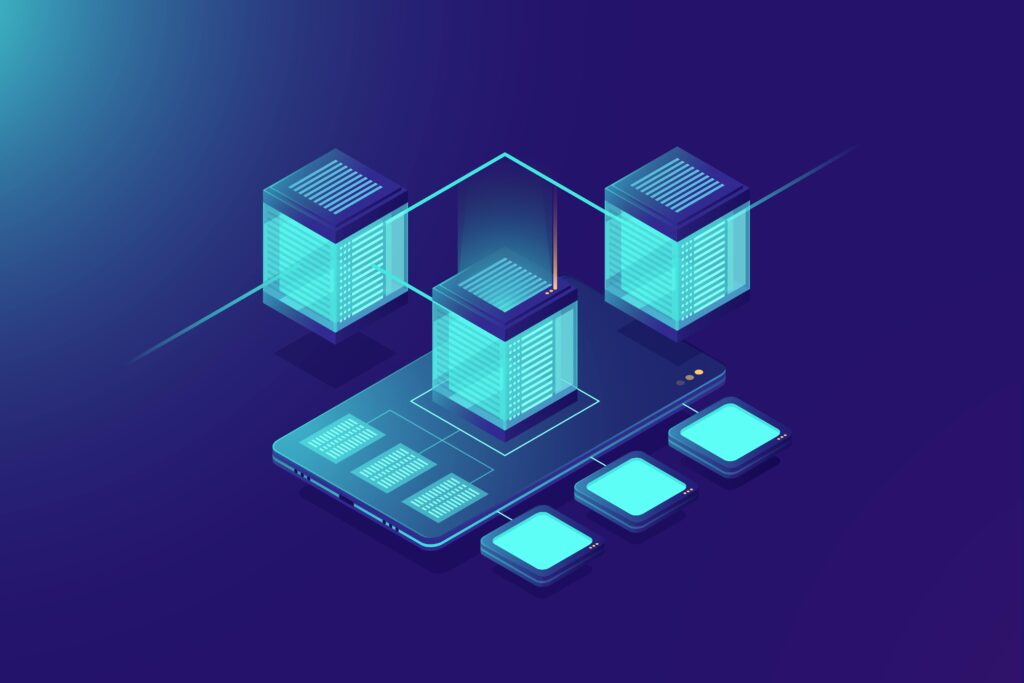
Technical Overview: WAX (Worldwide Asset eXchange) is an energy-efficient blockchain optimized for NFT gaming, virtual goods, and collectibles. It uses delegated proof-of-stake (DPoS) consensus to enable high-speed, zero-gas-fee transactions for users, making it accessible for mass-market gaming projects.
Notable Project: Alien Worlds — a popular play-to-earn game with millions of NFTs traded on WAX.
Pros:
Cons:
Technical Overview: Algorand is a proof-of-stake blockchain designed for speed, low costs, and environmental sustainability. It supports fractional NFTs and is favored by projects focused on utility-based digital assets and music rights.
Notable Project: Opulous NFT Music — a platform enabling artists to tokenize and sell music royalties as NFTs.
Pros:
Cons:
Technical Overview: Hedera uses a unique Hashgraph consensus mechanism to achieve high throughput, low latency, and strong security. It is tailored for enterprise-grade NFT applications, supply chain tracking, and real-world asset tokenization.
Notable Project: Atma.io Digital Twins — an enterprise NFT solution for tracking physical goods.
Pros:
Cons:
Technical Overview: Zilliqa leverages sharding technology to achieve high transaction throughput, making it suitable for large-scale NFT and metaverse applications. It is particularly active in the virtual world and esports sectors.
Notable Project: Metapolis — a metaverse platform built on Zilliqa with NFT-based virtual assets.
Pros:
Cons:
Technical Overview: Aptos is a modern Layer-1 blockchain built with the Move programming language. It offers sub-second finality, high throughput, and advanced safety features, making it attractive for innovative NFT projects.
Notable Project: Aptos Monkeys — one of the most recognizable NFT collections in the Aptos ecosystem.
Pros:
Cons:
Technical Overview: Cronos is an EVM-compatible blockchain developed by Crypto.com, designed for DeFi, GameFi, and NFTs. It offers easy integration with the Crypto.com ecosystem, including its centralized exchange and NFT marketplace.
Notable Project: Loaded Lions — the flagship NFT collection of Crypto.com.
Pros:
Cons:

Technical Overview: Sui is a Layer-1 blockchain optimized for handling complex, dynamic NFTs and digital assets. Its Move-based architecture allows for highly interactive NFTs that can change based on on-chain or off-chain events.
Notable Project: SuiFrens — a gamified NFT collection demonstrating Sui’s dynamic asset capabilities.
Pros:
Cons:
Below is an nft blockchain comparison of the top platforms by key technical and market factors:
| Blockchain | TPS | Avg. Fee | Standards | Consensus | Notable Projects | Dev. Difficulty |
|---|---|---|---|---|---|---|
| Ethereum | ~15 | $2–$15 | ERC-721, ERC-1155 | PoS | CryptoPunks, BAYC | Medium–High |
| Solana | ~3,000 | <$0.01 | Metaplex (SPL) | PoS | Degenerate Ape, Aurory | Medium |
| Polygon | ~7,000 (L2) | <$0.01 | ERC-721, ERC-1155 | PoS | Sandbox, Decentraland | Low |
| BNB Chain | ~300 | $0.05–$0.30 | BEP-721, BEP-1155 | PoSA | MOBOX, Pancake Squad | Low |
| Tezos | ~40 | $0.01–$0.02 | FA2 | PoS | Objkt, Teia | Medium |
| Flow | ~100 | $0.001–$0.10 | Flow NFT Standard | PoS | NBA Top Shot | Medium |
| Immutable X | ~9,000 (L2) | Zero | ERC-721, ERC-1155 | PoS | Gods Unchained | Low |
| Cardano | ~250 | $0.10–$0.20 | CIP-25 | PoS | SpaceBudz | Medium |
With so many nft blockchain platforms available, selecting the right one for your project is less about finding the “best” in general and more about finding the one that best fits your goals, audience, and budget. Below is a breakdown of recommended platforms by project type, with reasoning for each choice.
Best choices: Solana, Polygon, Immutable X
Gaming NFT projects demand high transaction throughput, low fees, and the ability to handle large volumes of microtransactions without impacting the player experience.
Why these work: GameFi users value speed and affordability over maximum decentralization, and these chains excel in delivering both.
Best choices: Ethereum, Flow, Cardano
Collectible NFT projects — whether profile picture (PFP) collections, sports memorabilia, or trading cards — require liquidity, brand trust, and strong marketplace support.
Why these work: Collectors value long-term asset value and market visibility, which these platforms deliver.
Best choices: Polygon, BNB Chain
For NFT use cases aimed at broad adoption — such as event tickets, memberships, or loyalty rewards — transaction cost and accessibility are critical.
Why these work: Mass-market NFTs need scale without high operational costs, and both Polygon and BNB Chain excel in affordability and reach.
Best choices: Tezos, Ethereum
Fine art NFTs target a niche audience of high-value collectors who prioritize provenance, curation, and sustainability.
Why these work: In premium art, brand perception and network reputation are as important as technology, and these platforms provide both.
When choosing among nft blockchain platforms, avoid focusing solely on technical specifications like TPS or gas fees. Instead, evaluate:
By aligning the platform choice with your project type, you increase the chances of long-term adoption and community growth.
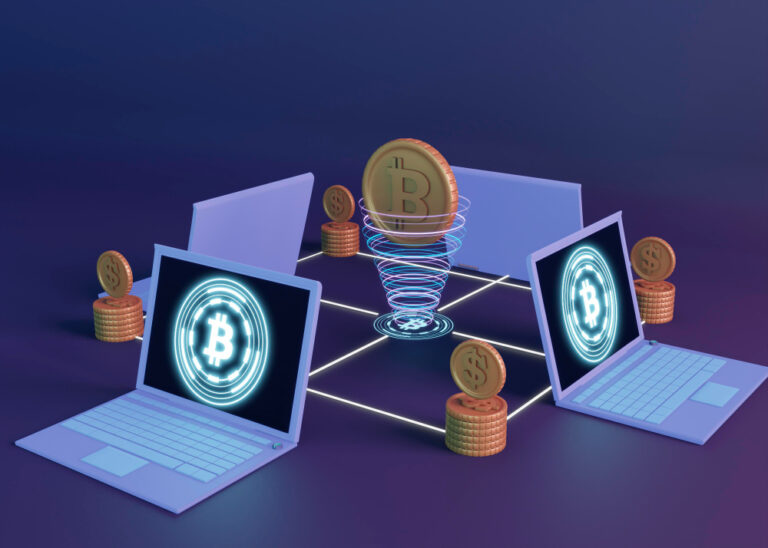
As the NFT ecosystem matures, its trajectory is shifting from speculative hype to real-world applications, interoperability, and sustainability. Here are the key trends that leading publications and industry observers highlight:
NFTs are evolving to offer real-world utility beyond collectibles. Now they serve as access passes, loyalty tokens, tickets, and more. Hybrid NFTs, capable of evolving over time or in response to events, are gaining traction in gaming and art for their dynamic, interactive experiences.
Multi-chain solutions are becoming vital. Marketplaces are expanding support across Ethereum, Solana, Polygon, Tezos, and others to reduce fees and increase reach.
Cross-chain standards and bridges are critical for NFTs to be usable across platforms seamlessly.
There’s a growing movement toward eco-friendly NFTs. Blockchain networks like Tezos and Flow are praised for lower environmental impact, and platforms are adopting carbon offsetting and transparent energy reporting.
NFT fractionalization democratizes access to high-value assets by allowing shared ownership. However, the lack of standardization and security frameworks remains a challenge.
The NFT market has seen a fall in speculative trading—but volumes and transactions remain active, albeit at a lower value per item.
Future efforts focus on embedding NFTs into everyday use cases like community engagement, real estate, identity, and finance.
NFTs are increasingly used for identity verification and real estate tokenization. They’re also integral to metaverse ecosystems like virtual land and avatars.
The luxury and fashion sectors are merging physical products with digital NFTs — “phygital” goods that authenticate provenance and merge tangible and digital experiences.
As NFTs become institutional-grade assets, security and regulatory clarity become vital. This includes compliance protocols, KYC/AML standards, and intellectual property considerations.
Artificial intelligence is transforming NFT creation and marketing, enabling personalized, interactive designs, trend prediction, and smarter campaigns.
| Trend | Impact on NFT Platforms |
|---|---|
| Utility & RWA NFTs | Drive mass-use cases like tickets, loyalty, and real-world asset ownership |
| Interoperability | Enhances flexibility and access across blockchains and marketplaces |
| Sustainability | Attracts eco-conscious creators and buyers, reinforces positive brand alignment |
| Fractional Ownership | Makes high-value NFTs more accessible and liquid, challenges standardization |
| Real-value Integration | Moves NFTs toward utility beyond speculation, aligning with consumer and brand needs |
| Metaverse / Identity Hybrid | Expands digital economy use cases in gaming, identity, and fashion |
| Regulation & Institutional | Enhances trust, legitimacy, and broader adoption |
| AI-powered NFTs | Enables dynamic content, personalization, and smarter engagement |
The world of NFTs is rapidly evolving, with countless nft blockchain platforms available to meet the diverse needs of creators, brands, and collectors. Each platform offers unique features, strengths, and trade-offs — making it crucial to choose the one that aligns with your project’s audience, goals, and budget.
While exploring and comparing platforms is an important first step, building a fully functional NFT marketplace or wallet requires deep technical expertise in blockchain development. This is where ND Labs comes in.
We help individuals, startups, and enterprises design, develop, and launch their own NFT marketplaces or NFT wallets — from idea validation and UI/UX design to smart contract deployment and marketplace integration. Our experience spans multiple blockchains, including Ethereum, Solana, Polygon, TON, and more.
By partnering with us, you can:
Contact ND Labs for a free consultation, and let’s turn your NFT idea into a market-ready platform or wallet.